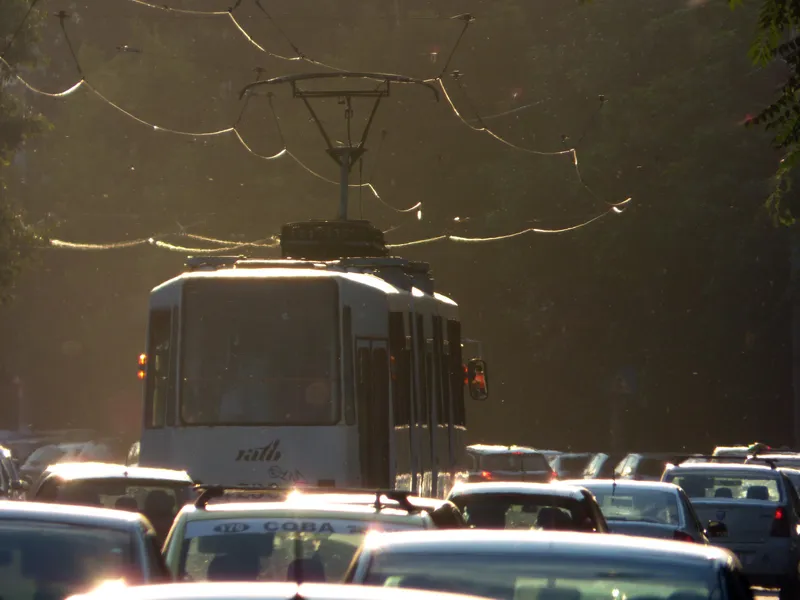His daily quest to find a parking space gave Amir Ehsani Zonouz, a student at the University of Massachusetts Dartmouth, USA, the incentive to look for an effective solution, leading to him winning the inaugural Siemens Mobility IDEA (Improving Design and Engineering for All) Contest.
Zonouz proposed using quadcopters, or drones, which can quickly find unoccupied parking spaces, identify the shortest path to the closest free spot and immediately guide the driver to the space using a mobile app or direct
January 16, 2015
Read time: 2 mins
His daily quest to find a parking space gave Amir Ehsani Zonouz, a student at the University of Massachusetts Dartmouth, USA, the incentive to look for an effective solution, leading to him winning the inaugural 120 Siemens Mobility IDEA (Improving Design and Engineering for All) Contest.
Zonouz proposed using quadcopters, or drones, which can quickly find unoccupied parking spaces, identify the shortest path to the closest free spot and immediately guide the driver to the space using a mobile app or directly via the communication system in their own vehicle. The technology also makes it possible for the drones to use infra-red/thermal cameras when flying at night.
Second place went to Sakib Khan, a student at Clemson University in South Carolina, who had a clever idea for technology to keep pedestrians safe when crossing the road. Sasan Amini, a student at the Technical University of Munich, took third place with his idea to develop self-parking autonomous vehicles.
According to recent statistics, urban commuters annually spend an average of around 34 hours in standing traffic, using approximately seven litres of fuel. Siemens felt that there has never been a greater need for revolutionary ideas to solve existing and future traffic problems and with this in mind, in 2014 launched its Mobility IDEA (Improving Design and Engineering for All) Contest to find innovations that would improve the world of mobility.
"The fact that all three prize-winners in the first Siemens competition of its kind come from universities shows just how important it is that we encourage tomorrow's bright minds today, so that we can develop smart solutions to our most urgent challenges," said Ben Collar, head of the Research and Development department at Siemens Road and City Mobility in the USA.
Zonouz proposed using quadcopters, or drones, which can quickly find unoccupied parking spaces, identify the shortest path to the closest free spot and immediately guide the driver to the space using a mobile app or directly via the communication system in their own vehicle. The technology also makes it possible for the drones to use infra-red/thermal cameras when flying at night.
Second place went to Sakib Khan, a student at Clemson University in South Carolina, who had a clever idea for technology to keep pedestrians safe when crossing the road. Sasan Amini, a student at the Technical University of Munich, took third place with his idea to develop self-parking autonomous vehicles.
According to recent statistics, urban commuters annually spend an average of around 34 hours in standing traffic, using approximately seven litres of fuel. Siemens felt that there has never been a greater need for revolutionary ideas to solve existing and future traffic problems and with this in mind, in 2014 launched its Mobility IDEA (Improving Design and Engineering for All) Contest to find innovations that would improve the world of mobility.
"The fact that all three prize-winners in the first Siemens competition of its kind come from universities shows just how important it is that we encourage tomorrow's bright minds today, so that we can develop smart solutions to our most urgent challenges," said Ben Collar, head of the Research and Development department at Siemens Road and City Mobility in the USA.









